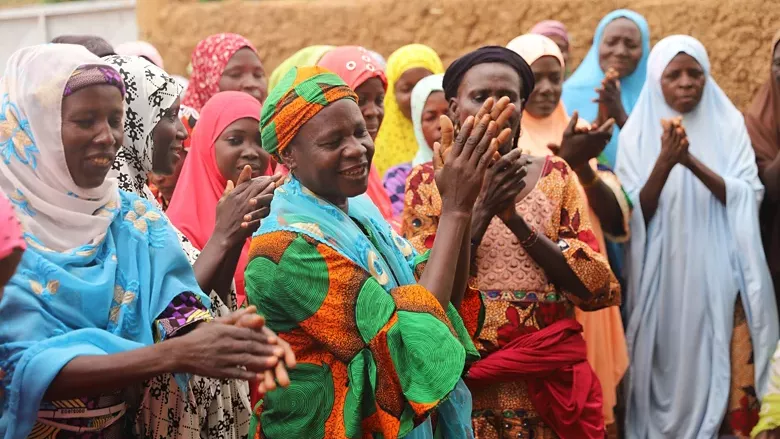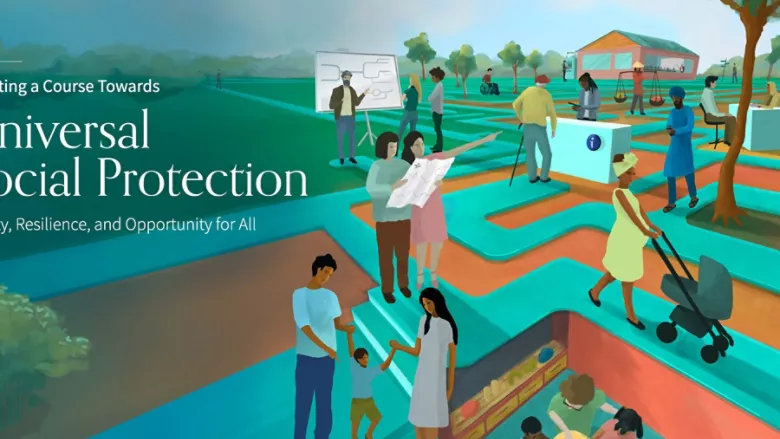The most dramatic aging worldwide is projected to take place in low and middle-income countries. This may result in inadequate income support for the elderly, persons with disabilities and survivors.
Given the limited success of contributory pension schemes to extend coverage over time, old-age social pensions which provide an alternative source of income for elderly adults have been gradually extended in developing countries in recent years. Social pensions cover close to 35% of the population ages 60 years and older in OECD countries and in the Europe and Central Asia, East Asia and Pacific, Latin America and the Caribbean, and South Asia regions. They have proved to be the most effective tool to provide income support to the poor elderly people and persons with disabilities. At the same time, their extension is challenged by fiscal constraints and potential negative effects on incentives.
The informal sector is heterogeneous and includes, in addition to the poor population, higher income groups with some financial capacity to save for retirement. For this group, the main challenge to extend coverage is the absence of savings schemes customized for their needs. Recent analytical work produced in Africa, South Asia and Latin America and the Carribean has expanded the options to cover informal workers as well as self-employed and platform workers.
Last Updated: Apr 03, 2023






